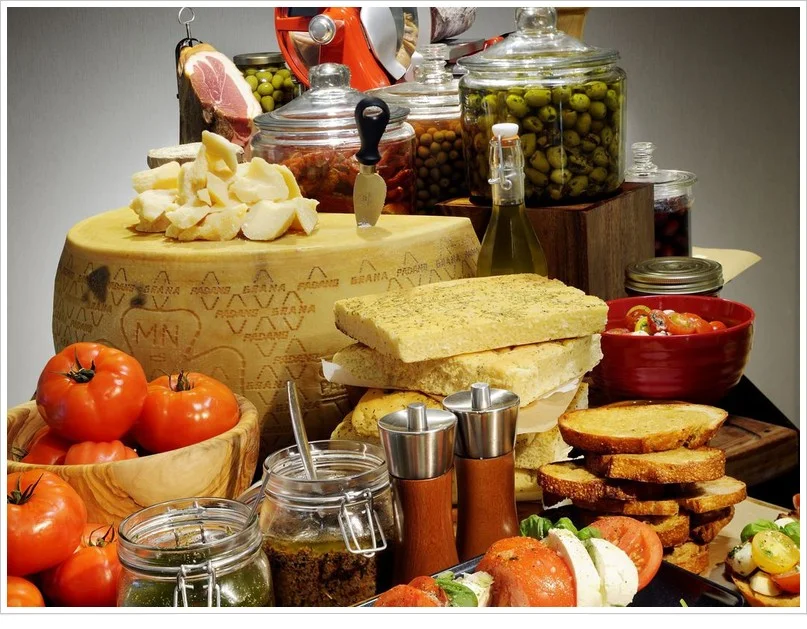You could be forgiven for thinking I was sometimes a bit of a grump grumbling about salt fascism, obesity, subsidies, GM, industrialised food, chemical farming, global warming and the rest. But I'm really an optimist - with a vision of how things could be if only they weren't the way they are. If I didn't have that vision I wouldn't see all the crap that spoils the vision.
So when I went to the School of Artisan Food near Nottingham I saw my dream of a better world of food and farming coming closer. It was the venue for the Slow Food AGM (I now chair this wonderful organisation - please join as a corporate supporter or as a member). The School of Artisan Food just opened last year. It teaches aspiring food producers how to bake great bread, make brilliant cheeses, brew beer, pickle, preserve and be a butcher. Traditional skills have a reason - they make food taste better and bring out the best in ingredients that have been produced by farmers and growers who also care about quality. This school is where the people who put values before 'value' can learn how to make small incremental changes in the way food is produced and consumed.
Nearby is the Stichelton creamery - where Joe Snyder, formerly of Daylesford makes a Stilton-style cheese from unpasteurised organic milk and is now struggling to keep up with demand. Head of the baking department is Emmanuel Hadjiandreou, formerly of Daylesford and more recently head of production at our own Judges Bakery in Hastings. His first crop of graduates went out into the world this summer, armed with the ability to make yeasted and sourdough breads using the finest organic ingredients. Emmanuel's new book How To Make Bread is, quite frankly, the best book on baking that I have ever seen, a must-have for any kitchen bookshelf. I've read them all over the years: from Sunday Times Book of Real Bread (featuring me and Ceres Bakery way back in 1976) to Elizabeth David's English Bread and Yeast Cookery. None of them combine the clarity of method, the detailed illustrations and great recipes in the way the Emmanuel's book does. After a one year course his students are already working in artisan bakeries or opening their own.
Tesco announced its worst year in 20 years with like for like sales flat. Aldi and Lidl are scooping the bottom feeders of the food market while independents are providing a haven of quality for people who appreciate good food, freshly made, using the finest natural ingredients. Our own Judges Bakery is up year on year, like for like, after a couple of years in the doldrums.
More and more producers want to hang their own beef, sell their chickens and turkeys direct to customers, make their own cheese and mill and bake their own grain. This is a deep trend that has been gathering momentum for decades and is now gaining tidal wave proportions (exaggerate? Moi?). The diehards who have protected food quality traditions are finally being vindicated. Dear Henrietta Green, whose Food Lovers Guide to Britain back in 1989 helped to save the last of the dying breed of small producers, now has an army of 60 or more members of her Food Lovers Approved scheme who form a phalanx of quality offerings in their own dedicated section at the BBC Good Food Show and other events.
"Who'd a thunk it?" as my old friend Gary Hirshberg once said about his amazing success at Stonyfield Farm and our luck at being in the right place at the right time with Green & Black's. This is the kind of stuff that could never have happened before. The experts predicted that all food would be produced on a massive industrial scale. Now artisan production is almost commonplace and there is a school that teaches you how to turn back the enveloping tide of monotony and nutritional emptiness that once swept all before it from its path.











